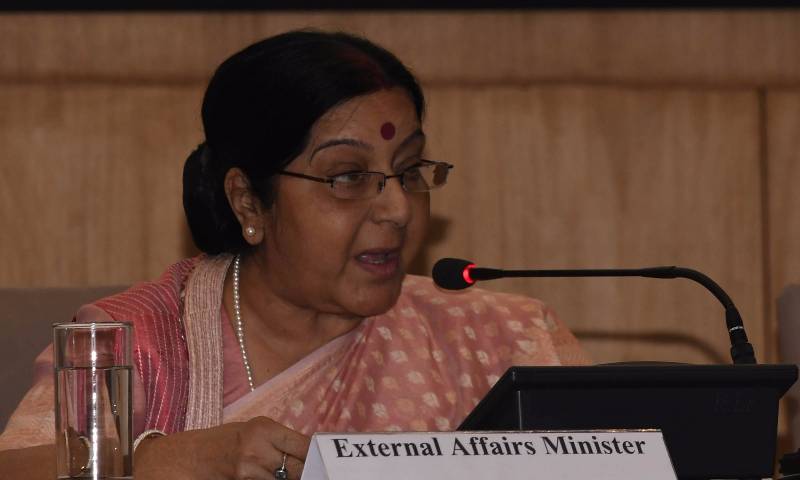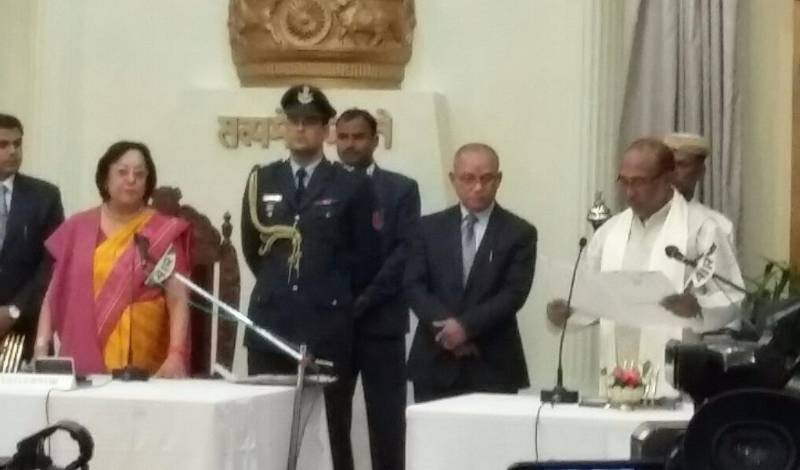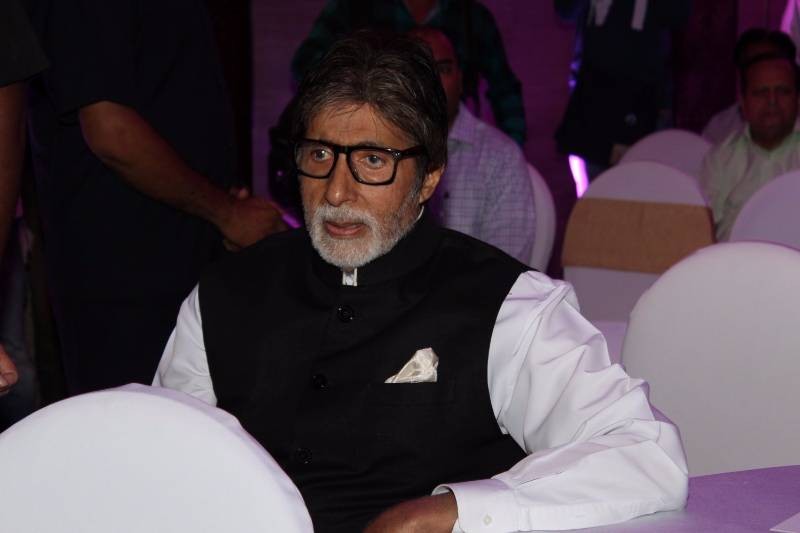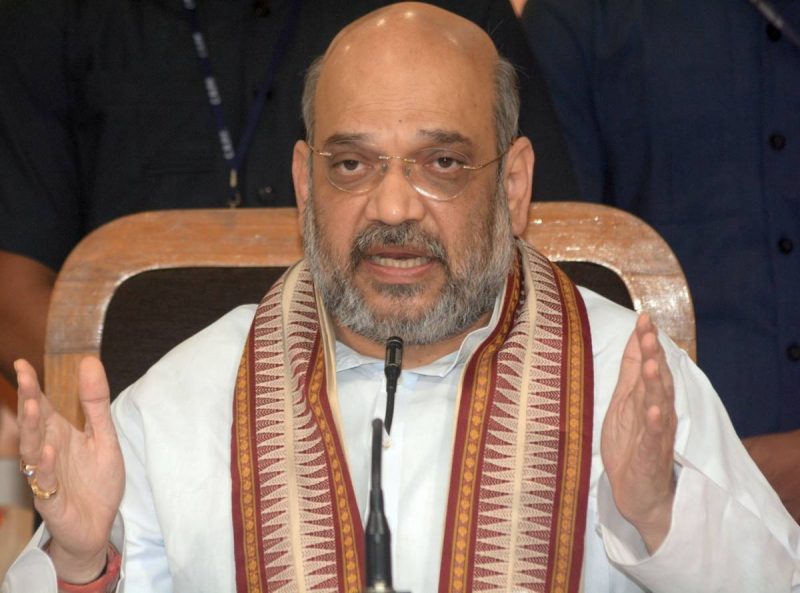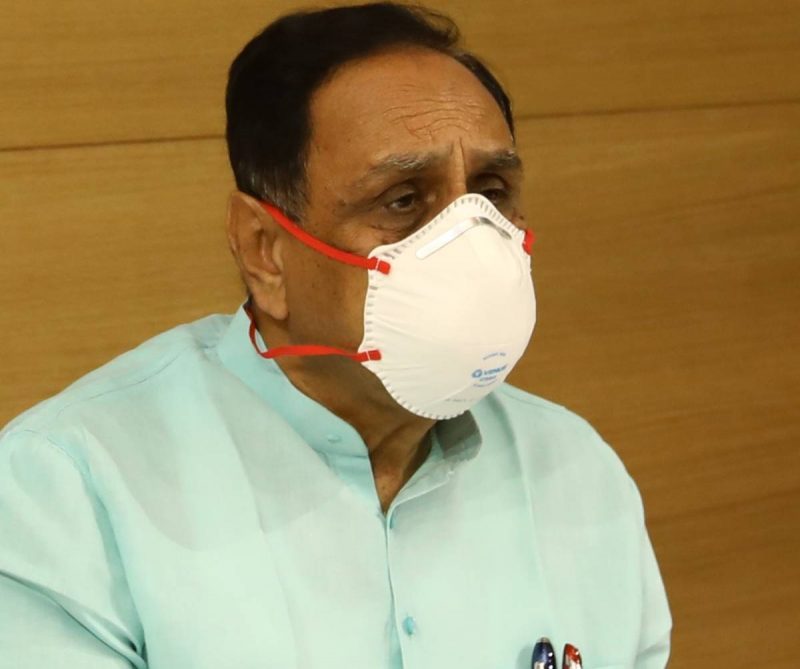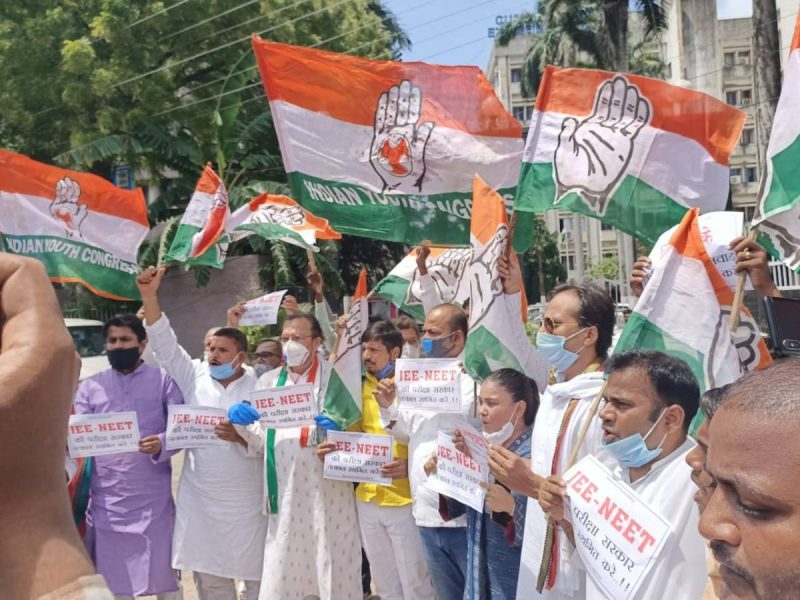Releasing a world ranking of the number of women parliamentarians that that placed India 148, Phumzile Mlambo-Ngcuka, the head of UN Women, has called for reservations for women….writes UN calls for quotas

The rankings of all 193 UN member countries released here on Wednesday by the Inter-Parliamentary Union (IPU) and UN Women showed that women made up 11.8 per cent of the Lok Sabha where 64 were elected to the 542-member house and 11 per cent of the Rajya Sabha with 27 of the 245 members.
India ranked 88 in the number of women ministers with five or 18.5 per cent in the cabinet.
However, women hold important positions: Sumitra Mahajan is the Speaker and Sushma Swaraj is the External Affairs Minister.
Speaking to reporters, IPU Secretary-General Martin Chungong backed up the call for reservations for women suggesting that quotas for them could speed up the process for achieving gender equality.
At the current rate of progress, it would take 50 years for the number of women to equal that of men in legislative bodies, he said.
The percentage of women in parliaments worldwide barely ticked up from 22.6 per cent in 2015 to 23.3 per cent in 2016. India’s percentage is about half the world tally.
Mlambo-Ngcuka, the Executive Director of UN Women, the international organisation’s arm for empowering women, said that the most progress in increasing their ranks in parliament was achieved in countries with quotas.
A constitutional amendment bill to reserve 33 per cent of Lok Sabha and State Assembly seats for women was first proposed in 1996 but has failed in the last 20 years to make headway.
In the latest attempt, it passed the Rajya Sabha in 2010 but lapsed when the last Lok Sabha ended its term in 2014 without taking it up.
The Rashtriya Janata Dal, the Janata Dal (United) and Samajwadi Party have been leading the opposition to the constitutional amendment.
Chungong said a positive development was a move away from shunting women to “soft” ministries like women’s affairs and instead placing them in important ministries.
In addition to Swaraj, who has the important External Affairs portfolio, Uma Bharti is the Water Resources Minister and Nirmala Sitharaman has independent charge of Commerce and Industry.
Mlambo-Ngcuka said that women politicians were held back by a number of problems, including the lack of finance for campaigns and stereotyping.
They also faced bullying online and physically, harassment and hostile treatment by the media, she added.
Rwanda ranked first in the number of women parliamentarians with 61.3 per cent in the lower house, followed by Bolivia with 53.1 per cent and Cuba 48.9 per cent.
In South Asia, Nepal ranked 48 with 29.6 per cent of the lower house seats held by women; Pakistan ranked 89 with 20.6 per cent (but with no ministers); Bangladesh was 91st with 20.3 per cent, and Sri Lanka lagged at 179th place with 5.8 per cent.
Bulgaria, France and Nicaragua tied for the first rank for the number of women ministers with 52.9 per cent each.


